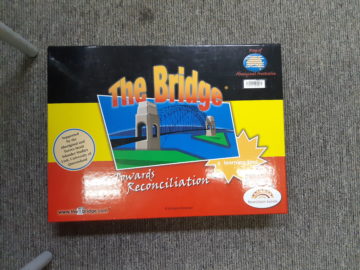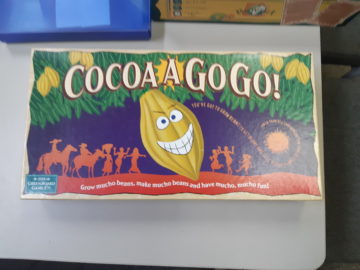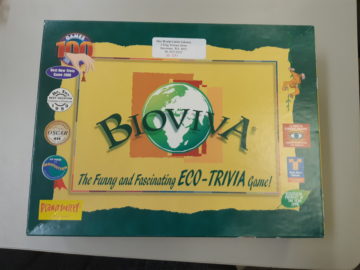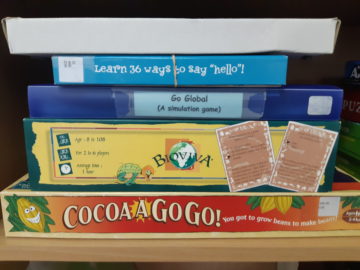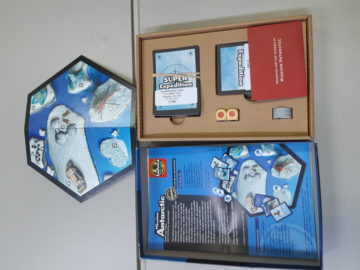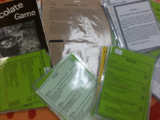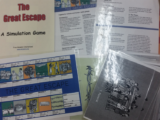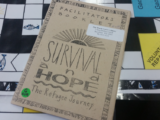These simulation and board games involve real situations presented in a simplified way. Participants have to observe rules, try to reach an objective and have a bit of fun whilst achieving an empathic understanding of a particular situation, problem or dilemma. They are an excellent, sometimes confronting way of learning about real-life situations and require some debriefing discussion after playing. Our collection includes the following games:
Bafa Bafa (Cross cultural awareness):
Challenging Racism
Enviro Challenge (Board game)
Go Global (Globalisation)
Going Upstream (Water – board game)
Looking Behind the Logos (Fair trade)
Poverty Game
Run for your Life (Refugees – board game)
Star Power (Conflict, Wealth distribution)
Survival and Hope (Refugees)
This is a board game about refugees, suitable for middle and upper primary and lower secondary classes as well as youth and community groups. Its purpose is to allow players to gain some understanding of what it is like to become a refugee and why people are sometimes forced to leave their homes and their countries. Students play the game on board, aiming to achieve re-settlement in another country or voluntary repatriation. Some of the hazards of the journeys are explored.
The Chocolate Game (Fair trade)
An activity for ages 11 to adult which explores the interdependence of people in different countries. Focuses on families involved with the growing of cocoa and the production of chocolate in three countries, Brazil, Ghana and the UK. Issues of wealth and poverty between and within countries are explored through the choices each family makes about meeting their basic needs. Events during the game emphasise the uneven distribution of wealth and power.
The Chocolate Trade Game (Fair trade)
The Coffee Chain Game (Trade)
The Feast (Cross Cultural Awareness)
The Great Escape (Refugees, Human Rights)
This game is taken from Amnesty International UK’s humanrights education pack ‘Freedom’. It is about a group of refugees escaping to freedom. Participants are confronted by a series of human rights dilemmas that they have to try to resolve by consensus. The aims of this game are: to introduce participants to human rights; to develop knowledge and understanding of democracy, legal and human rights and responsibilities, systems of justice and skills in communication and working with others.
The In Crowd (Discrimination)
The World Feast (Fair trade)
Trade Rules (Trade, Wealth Distribution)
Trading Trainers (Poverty, Fair trade)
Who decides? (Environment, Sustainable Development)
